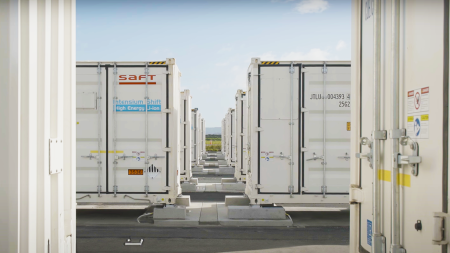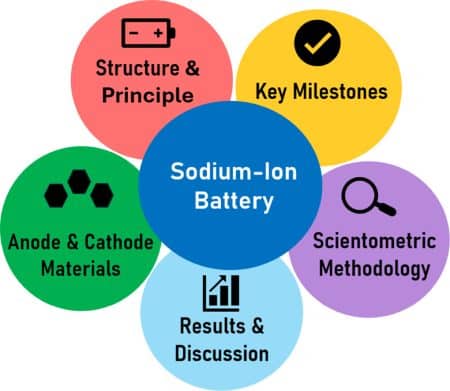In a significant breakthrough, South Korean scientists have developed a cutting-edge sensor technology that promises to simplify the detection of hydrogen leaks through ingenious color changes.
Detecting hydrogen leaks is a crucial aspect of ensuring safety in various industries, including hydrogen fuel cells, chemical processing, and hydrogen-powered vehicles. Traditional methods for leak detection involve resistive or electrochemical sensors, which have limitations such as bulkiness, high costs, and providing only density information without precise location details.
Addressing the limitations of conventional sensors, a collaborative research team from the prestigious Korea Institute of Science and Technology (KIST) and Korea University embarked on a mission to develop an innovative and more efficient hydrogen leak detection system.
The research team focused their attention on palladium, a unique substance renowned for its exceptional ability to readily absorb hydrogen and catalyze the combination of hydrogen and oxygen. Leveraging palladium’s properties, the scientists devised a groundbreaking sensor.
The newly developed sensor employs a clever combination of materials and principles. Encased within a polymer film that selectively permits the passage of hydrogen and oxygen, the core of the sensor contains a nanometer-thick layer of palladium film.
When hydrogen molecules encounter the palladium film, they react with oxygen to form water on the surface of the sensor. This water layer plays a pivotal role in triggering a fascinating phenomenon: a change in the sensor’s color.
As the sensor’s surface undergoes color changes in response to the water layer’s presence, it acts as an unmistakable visual indicator of a hydrogen leak. This simplicity in detection allows swift identification and localization of leaks, streamlining safety protocols and enhancing response times.
The implications of this sensor technology are vast and diverse. In industries reliant on hydrogen applications, such as fuel cells and hydrogen storage facilities, quick and precise leak detection can avert potential disasters, ensuring the safety of personnel and infrastructure.
South Korean scientists’ pioneering efforts have given rise to a game-changing sensor technology that capitalizes on the catalytic properties of palladium to detect hydrogen leaks with simplicity and precision. As this innovative solution gains momentum, it has the potential to elevate safety standards, bolstering the adoption of hydrogen as a clean energy source and propelling industries toward a sustainable and safer future.








